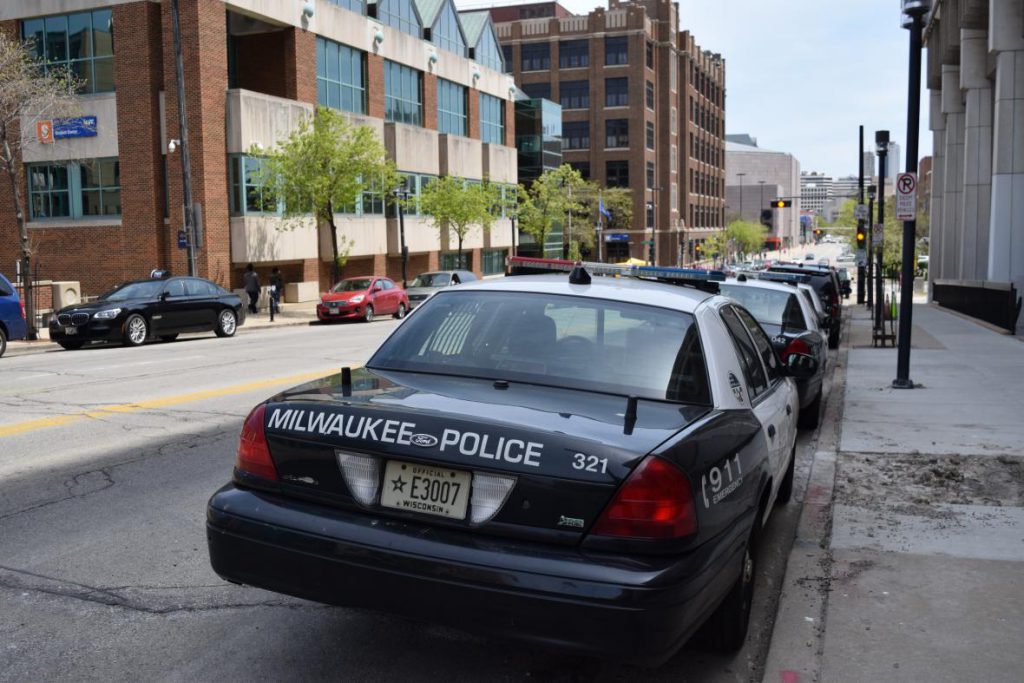Sex Traffickers Ensnare Youth Without Homes
Report: 25% of sex-trafficked youth in city were missing from faster care, group homes.
Those reported missing from foster care and group homes made up a quarter of the young people who were victims of sex trafficking in Milwaukee between 2013 and 2016, according to a new report.
The Milwaukee Homicide Review Commission, Medical College of Wisconsin Institute for Health & Equity, Milwaukee Sexual Assault Review and the Milwaukee Police Department’s Sensitive Crimes Division produced the report. It builds on data published this March, which found that 340 people — 25 years old or younger — were confirmed or suspected of being victims of sex trafficking although that number is suspected of being higher.
This report released last week focuses on the segment of this group that had been reported missing at least once to the police department while in an out-of-home-care arrangement, like foster homes or shelter care. These 85 young people were reported missing 765 times, according to data collected from law enforcement. Sixty-five percent of the reports came from group homes. The report also shows most of these 85 people under the age of 25 were black and female.
Aimee Obregon, former chief of the Milwaukee Police Department’s Sensitive Crimes Division, said one of the theories for why young people run away from out-of-home care is they’re running to or away from something. They are either running away from a less-than-ideal, out-of-home-care placement or back to family.
“But I think the one thing it does bring up is the fact I think we need to do a better job of reaching out to these kids and having services that meet their needs so they don’t have to run away from their situation,” she said.
“And then placing them in out of home care, removing them from their families, removing them from familiar places and then placing them somewhere else, often also adds to the trauma,” she said. “Just being away from their families.”
Eric Thompson, an attorney with the national group Children’s Rights, which does some work in Milwaukee, said the report highlights problems in the state’s foster care system including, needing alternatives to group homes.
“Whether it be treatment foster homes or what they call safe homes that are particularly geared toward children who have been previously sex trafficked or at increased risk of sex trafficking, to keep them safe,” he said.
The report also recommends limiting the number of sex-trafficked youth placed in a single group home and more frequent in-person interactions between young people in the child welfare system and their case workers. Weekly contact is recommended for children vulnerable to sex trafficking. Creating a curriculum for group homes to help young people build stable lives is also advised.
“To help kids physically and emotionally, you know, nutrition help, job skills and confidence building different workshops like that,” said Obregon. “Just having a consistent curriculum for them.”
Obregon said while the public sends law enforcement tips about suspected trafficking often, the issue won’t stop unless everyone — welfare agencies, law enforcement and the public — work together.
In am email, Gina Paige, spokeswoman for the Department of Children and Families, said the department is currently working on its annual Human Trafficking Report, which will be published early next year.
Paige said DCF has implemented several initiatives in efforts to fight sex trafficking across Wisconsin since 2016, including launching a statewide prevention and awareness campaign and requiring training on sex trafficking for child welfare workers and staff in licensed group home settings.
Report Says A Quarter Of Milwaukee’s Sex-Trafficked Young People Were Missing From Home Care was originally published by Wisconsin Public Radio.






















